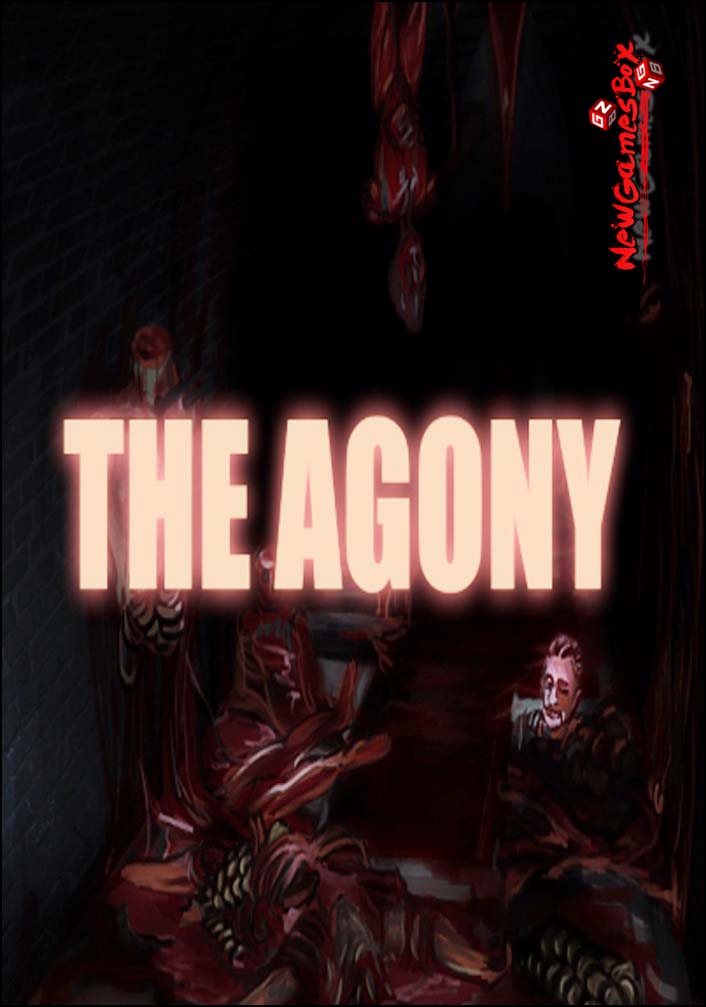

Most politicians, economists, and business groups think leaving the world's largest trading bloc without an agreement would be damaging for the EU and disastrous for the U.K.

French President Emmanuel Macron has hinted at opposition to any further delay, saying the bloc can't be held "hostage" to Britain's political crisis.Īs it stands, Britain is due to leave the EU on Friday - deal or no deal. Some want a longer extension, to avoid repeated crises every few weeks.Įuropean Council President Donald Tusk has proposed a "flextension:" a delay of up to a year, but with flexibility to let Britain leave earlier if it approves an agreement.īut an extension is not guaranteed. The 27 other leaders of the bloc will consider the request at an emergency Brexit summit in Brussels on Wednesday. She has asked the EU to delay Brexit until June 30, in hope that'll be enough time to secure, approve and implement a deal. Last month, the EU gave Britain until April 12 - this Friday - to pass a deal, come up with a new plan and seek a further extension, or leave without an agreement or a transition period to smooth the way.

government and the bloc, May admitted defeat and asked for more time. But after Parliament three times rejected the divorce deal agreed between the U.K. With almost everything about Brexit engulfed in uncertainty, a look at what could happen next:įor two years, Britain was scheduled to leave the EU on March 29, 2019. Meanwhile, Britain is scheduled to leave the EU in three days. In London, government ministers are meeting their political opponents in search of a European Union divorce deal. British Prime Minister Theresa May is crisscrossing Europe in search of a Brexit delay.


 0 kommentar(er)
0 kommentar(er)
